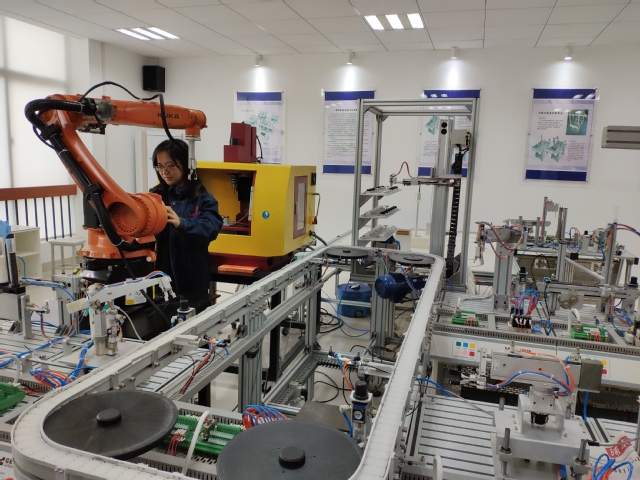By Lily Cao & Lisa Yang
October 9, 2018

In monitoring the health status of a gas-turbine engine, no accurate diagnosis can be attained unless the correct measurement information for fault signature is procured. But degraded sensors, as it happens often, may produce significant measurement biases, yielding misleading diagnostic results. The question is: How can we improve the robustness of the diagnosis against sensor faults?
A novel and simple method proposed by an SDJU researcher and her co-worker can effectively and accurately detect and isolate degraded sensors, and quantify the magnitude of degradation based on a so-called gas-path analysis.
The proposed method, which is based on modelling engine performance implanted with various fault patterns, has large potential to help to master mechanical system running status, improve operation reliability, and reduce maintenance cost for complex industrial gas-turbine engines. The findings were being reported this March in the journal IEEE Transactions on Reliability, in a paper by SDJU Associate Professor Jing Chao Li, and Shanghai University of Electric Power (SUEP) research scientist Yu Long Ying.
The study, far from a petty one, showcases an interdisciplinary application of signal processing to the sensor fault diagnosis in gas-turbine power generation systems. The report has recently been selected as a highly-cited paper by the Essential Science Indicators (ESI) database.
The research was supported by National Natural Science Foundation of China.






